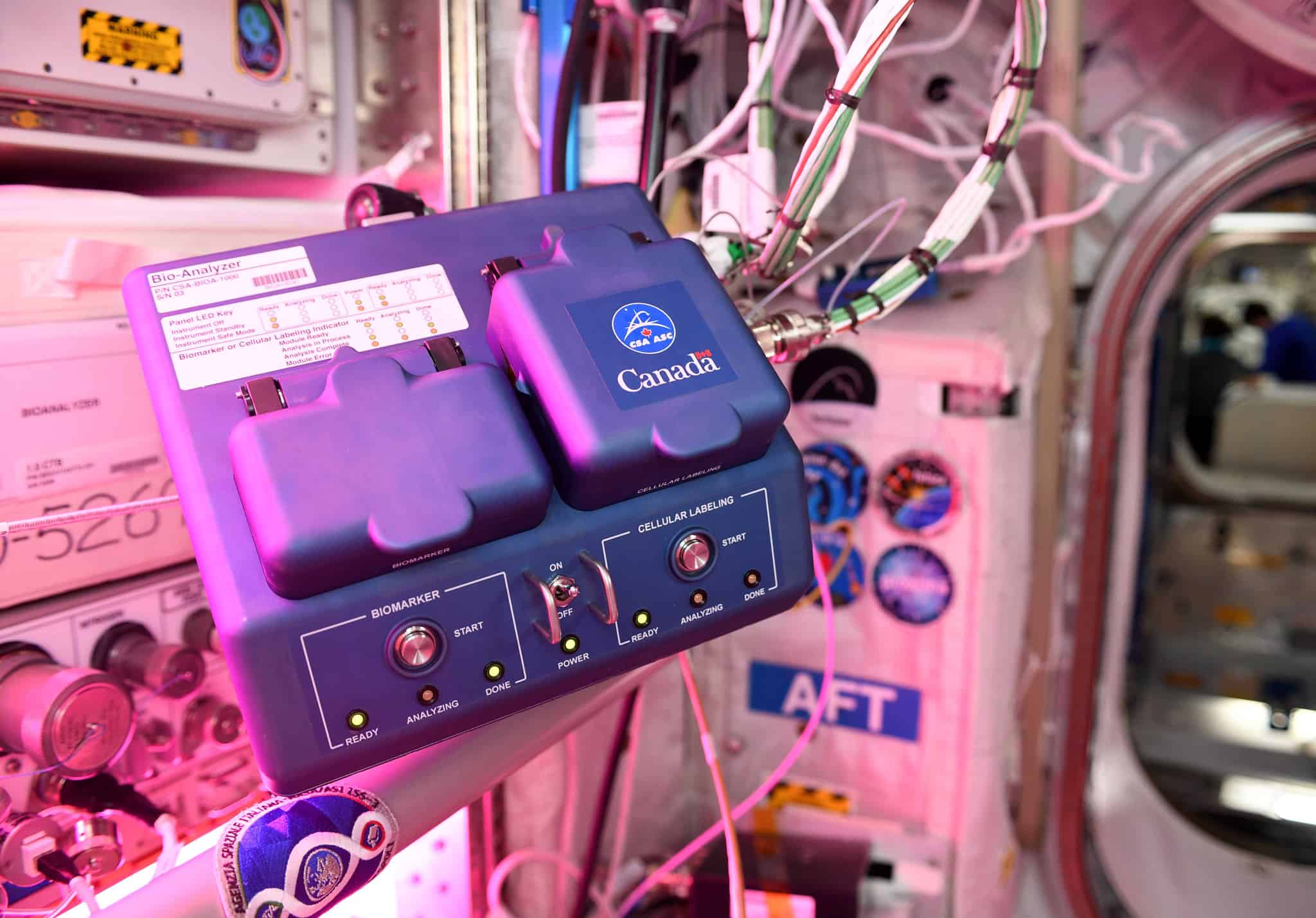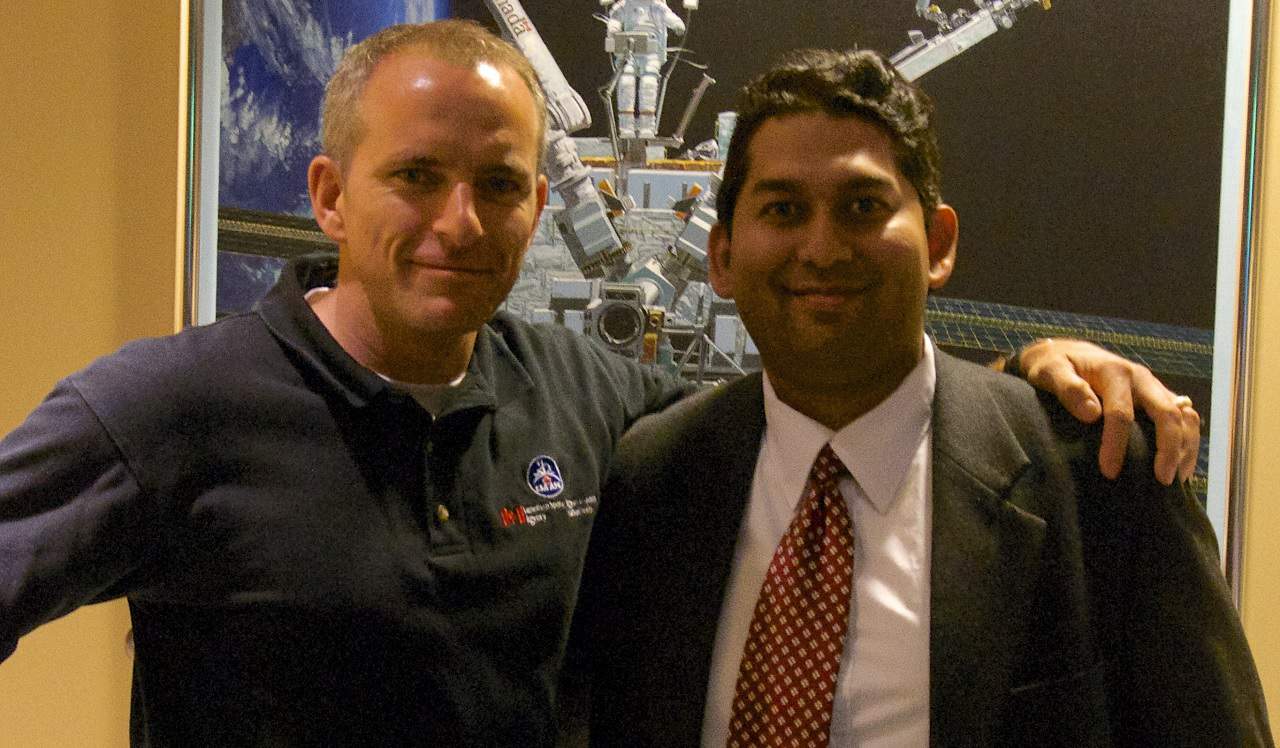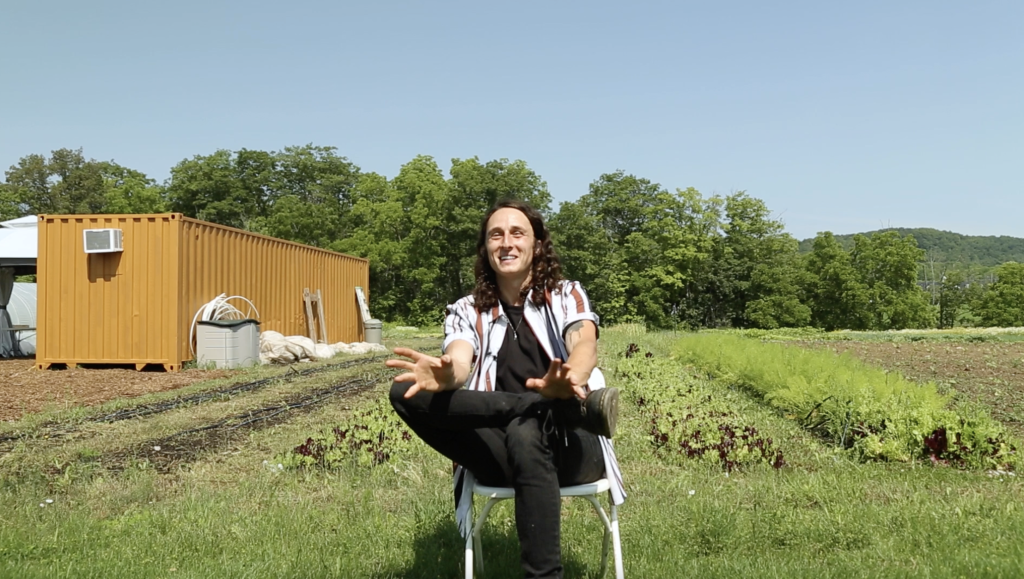Space technology brings medical benefits to earth: Mississauga doctor
Published December 12, 2022 at 12:05 pm

From the infrared thermometer to GPS — devices made for space benefit people on earth as well, a Mississauga doctor examines in a new research paper.
Dr. Farhan Asrar, a Mississauga-based family doctor and assistant professor with University of Toronto, Dalla Lana School of Public Health and Trillium Health Partners, is the lead author of a paper published in Canadian Family Physician, the official journal of the College of Family Physicians of Canada.
Asrar, who is also a global faculty member at the International Space University, has long had an interest in how space technology can benefit medical practice at home. Last year, he was also the lead author on a similar paper, published in Nature Medicine, on how space agencies provide care for astronauts in orbit can be applied to pandemics such as COVID-19.
This new paper, titled Outer space assets offer benefits to health care, looks at the more general aspects of the role space inventions play in health.
“There are so many (inventions) that we’ve actually even kind of incorporated in our daily life that we’re not even aware of,” Asrar tells insauga.com.
Known as “spin-offs” many technological devices were originally invented for space but were later found to have benefits on earth.
One of the most common examples is the infrared thermometer. This technology was originally invented to measure the temperature of distant celestial objects. But now infrared thermometers are used everywhere, particularly during the pandemic, to check if a person has a fever while not getting too close.
There are other devices that could make a big difference to people in isolated areas.
“If we look at Canada’s north where access to medical personnel or machines, other modalities or even specialists is limited, so it can look at the remote medicine that space has been using providing health care from a distance,” Asrar says.
The bio-analyzer, which the Canadian Space Agency has been working on, is an example. The device is the size of a video game console and can test different body fluids such as blood, saliva, and urine.
Previously, samples from astronauts in space would have to be sent down to earth for analysis.
These devices could also be used in natural disasters — the relief team might need to take something that’s portable to help people who need care.
“These devices can be quite helpful in those scenarios as well.”
There’s also the bio-monitor, a “smart shirt” designed for astronauts to monitor and record vital signs.

The Canadian astronaut Dr. David Saint-Jacques and Mississauga public health and family physician Dr. Fahran Asrar. (Supplied photo)
The paper also includes comments from Canadian physician astronauts on their experiences.
Four Canadian physicians have become astronauts — family doctors Dave Williams, Robert Thirsk, and David Saint-Jacques. The fourth physician—Canada’s first female astronaut and the world’s first neurologist in space—is Dr Roberta Bondar.
Williams reflected on his experience and how it impacted his broader world view.
“Viewing Earth from space, there are no visible borders separating countries, and it is clear that what happens in one part of the world affects our entire planet,” Williams writes in the paper.
Saint-Jacques says he was practising general medicine in isolated Inuit communities in northern Canada when he was recruited into the Canadian Space Agency’s astronaut program.
He found there are “striking parallels between the challenges and constraints of rural medical practice and medical care for on-orbit astronauts: isolation, self-reliance, limited equipment, and impractical or impossible medical evacuation.”
“Similar problems often have similar solutions; that’s why medical technology developed for space crews is usually relevant to medicine on Earth. And vice versa,” Saint-Jacques says in the paper.
Asrar hopes this paper will help create awareness for the general public and healthcare professionals about the role the space world has on medicine.
While Asrar is happy and and content with his work at home, he wouldn’t say no to a trip to space.
“I wouldn’t say no to it,” he says. “Why not? I’d always keep that door open.”
insauga's Editorial Standards and Policies advertising






